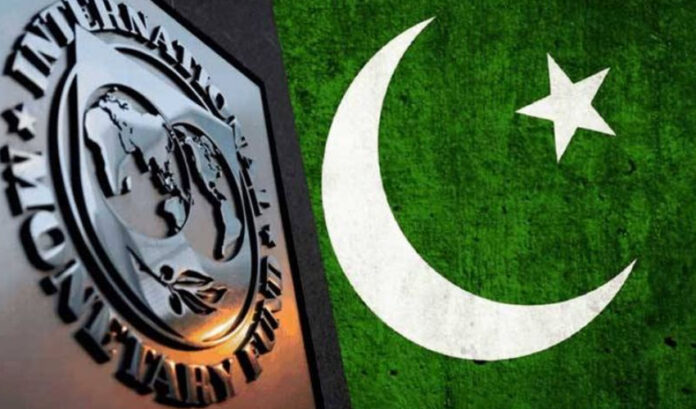Islamabad, June 3: The IMF is reported to have expressed grave concern over the Pakistan government’s failure to adhere to a clause of the agreement for creation of a portal to display the assets of ministers, lawmakers, and bureaucrats, meant to eliminate corruption in the country.
The International Monetary Fund (IMF) has proposed taking stern anti-graft measures in the next budget and strictly demanded again that the assets of public office-holders should be made public.
The government had prepared a format for its officers on the instructions of the global lender. Banks are obliged to take information about assets from government officials while opening their new accounts.
Earlier, the Federal Board of Revenue had started publishing a directory of taxpayers including lawmakers but the step was later discontinued.
Meanwhile, the Pakistan government approved the next fiscal year’s economic growth target at 3.6% and an inflation target of 12% — keeping Pakistan in a state of stagflation.
The Washington-based IMF has firmly stated that taking serious anti-graft measures is essential for the next budget, including the long-overdue public asset disclosure, which the fund considers crucial for restoring public trust and attracting foreign investment.
The IMF’s concern stems from Pakistan’s long history of corruption, which has undermined economic development and deterred investors. The lack of transparency in asset holdings has been a persistent issue, with the government repeatedly failing to implement effective mechanisms for disclosure, writes Pakistan Today.
The IMF’s continued pressure for transparency and anti-corruption measures presents a critical opportunity for Pakistan to address these long-standing issues. However, the government’s reluctance to implement such reforms raises concerns about its commitment to tackling corruption and fostering a more transparent environment.








